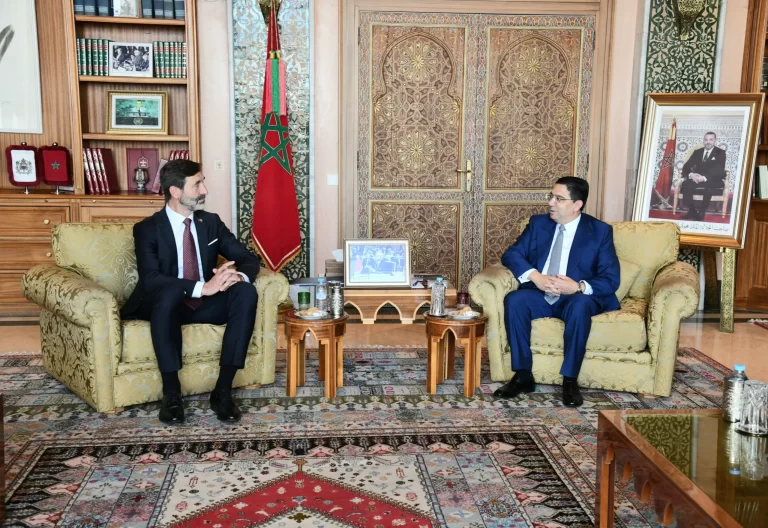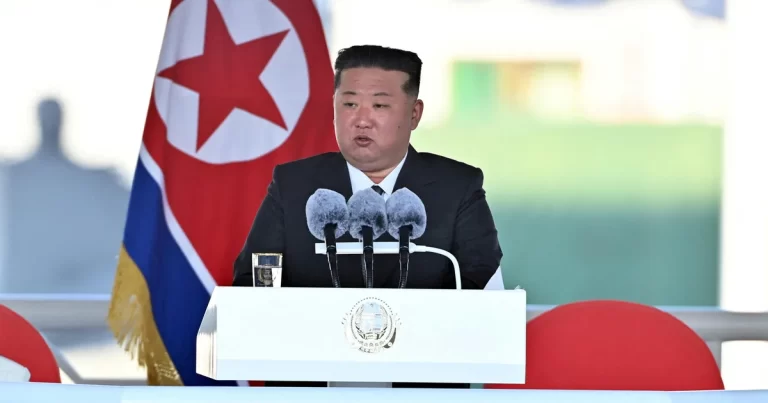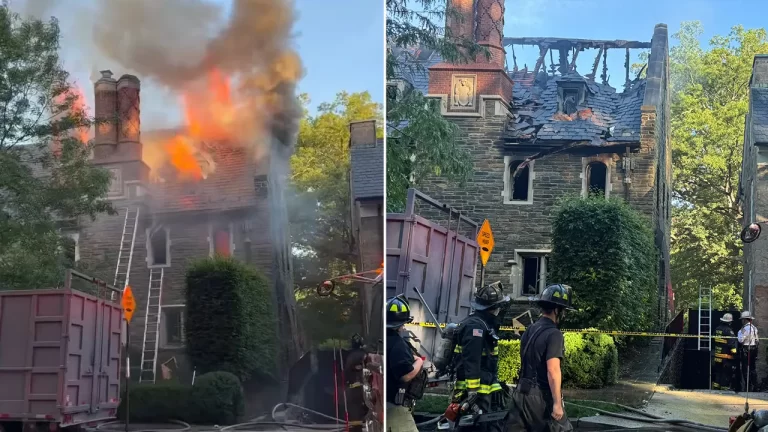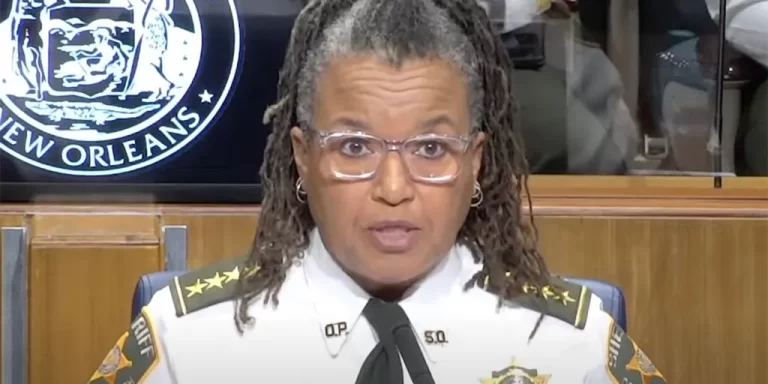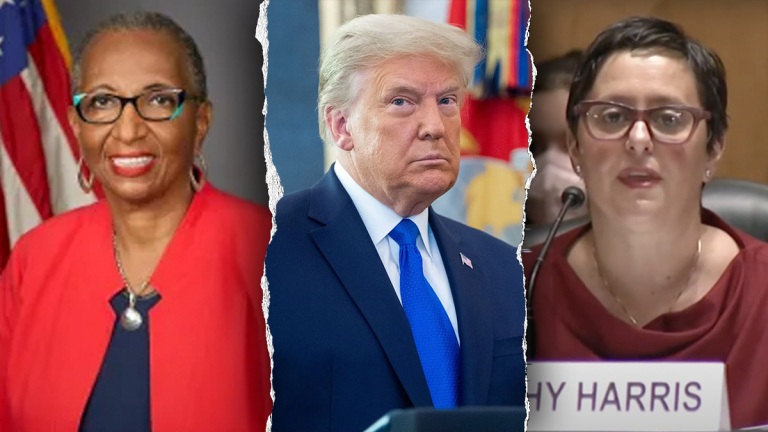
In the wake of the recent Ajax versus Maccabi Tel Aviv match, a clash in the stands and streets has ignited fierce debate in the Netherlands, with some far-right supporters and sections of the Dutch media pointing fingers at the Moroccan community. Following the high-profile game, tensions escalated between fans, leading to isolated confrontations that have since been highlighted by various political factions and media outlets.
While the majority of Ajax supporters are known for their passionate, peaceful support, a small segment of fans engaged in confrontations with Maccabi fans, leading to several arrests. However, in the aftermath, right-wing figures have capitalized on the situation to make sweeping accusations, claiming Moroccan youth were at the heart of the unrest. Far-right groups used social media to fan these claims, with posts blaming “Moroccan influence” for escalating tensions — an accusation that many community leaders and activists have decried as a baseless attempt to scapegoat immigrants.
In response to these accusations, numerous Dutch citizens, including public figures and local officials, have voiced opposition to what they view as an unfair characterization of the Moroccan community. “The actions of a few cannot define an entire group,” said Ahmed Aboutaleb, Mayor of Rotterdam, who urged people to avoid divisive rhetoric that could further inflame tensions.
In a statement, the Dutch Moroccan Alliance called for responsible reporting and urged the media to avoid stereotyping. Meanwhile, social organizations have stepped in to promote dialogue between fans and communities, aiming to reduce hostilities and foster understanding. The incident has spurred discussions on inclusivity in Dutch society, with calls for unity against prejudice that goes beyond sports.
